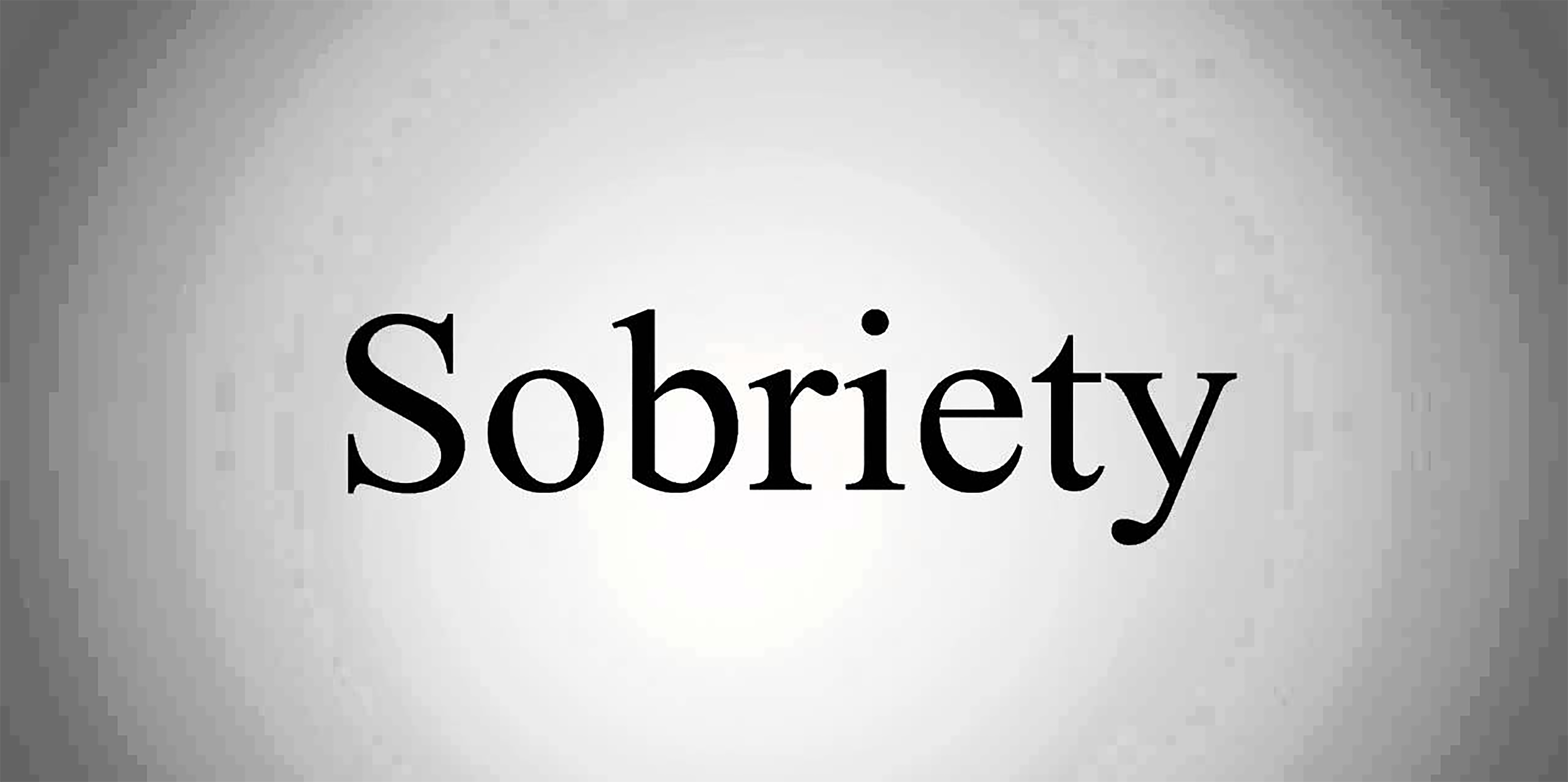Going Public With Your Sobriety
If you have significant time clean and sober, it is something that is worth celebrating. As someone is recovery, you have learned that the best way to grow in your recovery is to share with others who may be struggling to find sobriety. While you may want to shout from the mountaintop to joys of recovery, going public with your sobriety may not be received as well as you think.
Anonymity and Stigma
Going public with your recovery can be cathartic, powerful, and helpful to others. However, there are considerable obstacles that lie in your path. Perhaps the biggest obstacle you face in sharing your story is the still-prevailing stigma that surrounds substance abuse. Despite research to the contrary, there are many who feel that addicts are spiritually broken, “defective” and are not worthy of professional help and support.
Along with stigma, there is the philosophy of anonymity that is the hallmark of 12-step groups such as Alcoholics Anonymous and Narcotics Anonymous. These groups believe that secrecy—even though an addiction may have been overcome—is the only way recovering people can feel safe from the criticism and judging of others.
As a recovering person, these attitudes are extremely frustrating—but times are slowly changing. Due to the ongoing opioid epidemic, more people (especially young people) are being more outspoken in talking about their addiction and recovery. Despite the resistance, speaking out is the only way to change attitudes, earn social acceptance and to change political policy to increase funds and options for treatment.
Why You Should Go Public With Your Sobriety
Given the growing numbers of recovering people speaking out for recovery, now is the perfect time for you to lend your voice. While there may be doubt, there are several reasons why going public with your sobriety is of great benefit:
It is a Matter of Life and Death
Perhaps the biggest reason why you should be open about your recovery is the fact that drug addiction costs hundreds of thousands of lives yearly. Drug addiction doesn’t end by simply “plugging the jug”—it requires professional intervention that features detox, therapy, life and coping skills training and aftercare. The fact is that the public’s ignorance to addiction has played in allowing it to grow and affect all people in all walks of life.
You Put a Face to Recovery
For many people, they think drug addicts and alcoholics are those who are destitute and live on the margins of society. In reality, drug addiction affects people of all socioeconomic backgrounds, races, ages, and family backgrounds. By sharing your struggles and victories, you help people put humanity into recovery. People will see that people from all walks of life can be affected by addiction and have the power to overcome addiction.
A Learning Experience for Others
If you are in recovery, being open about it allows others the opportunity for others to ask you questions and it allows for deeper discussion. It is important not to stand on the proverbial soapbox and become judgmental—instead, be honest and have candor. Tell people how addiction affected your life and the life of those you love. Most importantly, share with others how you recovered in a language they can understand.
Join With Others in Spreading the Message
While you have the possibility of changing attitudes and views of addiction on your own, wider change can occur when you join with other recovering addicts who have overcome addiction and are public about their message. As more recovering people share their message it can start changing public perception—which can help decrease the power of stigma.
Change begins with a commitment. If you or a loved one is ready to make a change for the better, call Drug Treatment Program Journal toll-free at 1-800-205-1201. We can provide you the resources and support you need to make recovery a reality.

